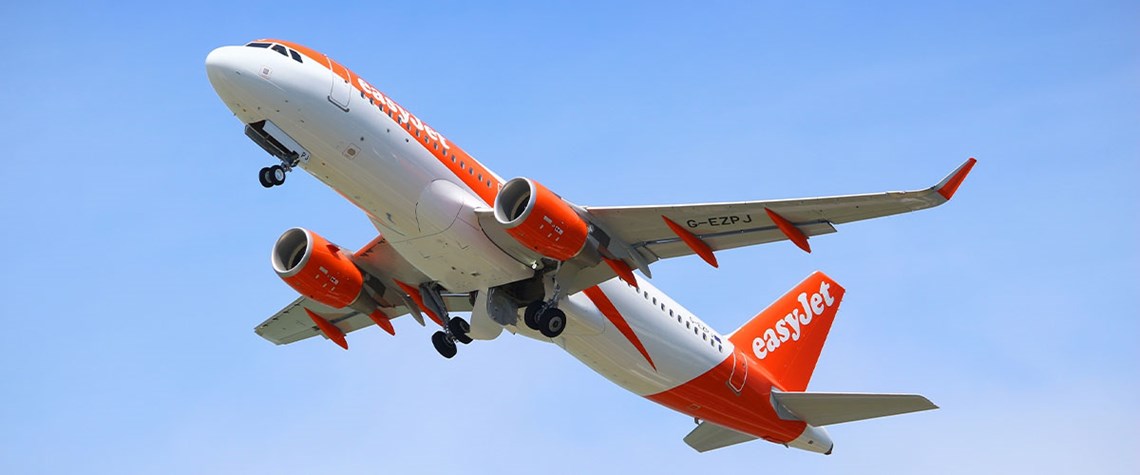Aviation requires suite of technologies to decarbonise
Sustainable aviation fuel likely to be responsible for bulk of decarbonisation before 2050
The aviation sector will employ a range of technologies to decarbonise, according to panellists at last week’s FT Hydrogen Summit. While smaller aircraft are likely to be powered by battery engines, compressed hydrogen and hydrogen fuel cells, the global fleet of larger planes will likely opt for sustainable aviation fuel (SAF) and, later, liquid hydrogen, according to David Morgan, director of flight operations at airline Easyjet. “There will be a number of different fuels: it is not either/or,” he says. This means developing dual-fuel infrastructure—although this should not be an issue as SAF is effectively a drop-in fuel and a liquid hydrogen network could be built up slowly. “We will see

Also in this section
24 July 2025
Green hydrogen developer advances mega projects in Australia and Oman as key shareholders Shell and BP remain invested
23 July 2025
Electrolysis seen as most leakage-prone production pathway as study warns of sharp increase through 2030 and beyond
22 July 2025
The gas-hungry sector is set for rapid growth, and oil majors and some of the world’s largest LNG firms are investing in ammonia production and export facilities, though much depends on regulatory support
16 July 2025
Major manufacturer cancels rollout of new hydrogen-powered vans and strengthens focus on battery electric and hybrid markets








